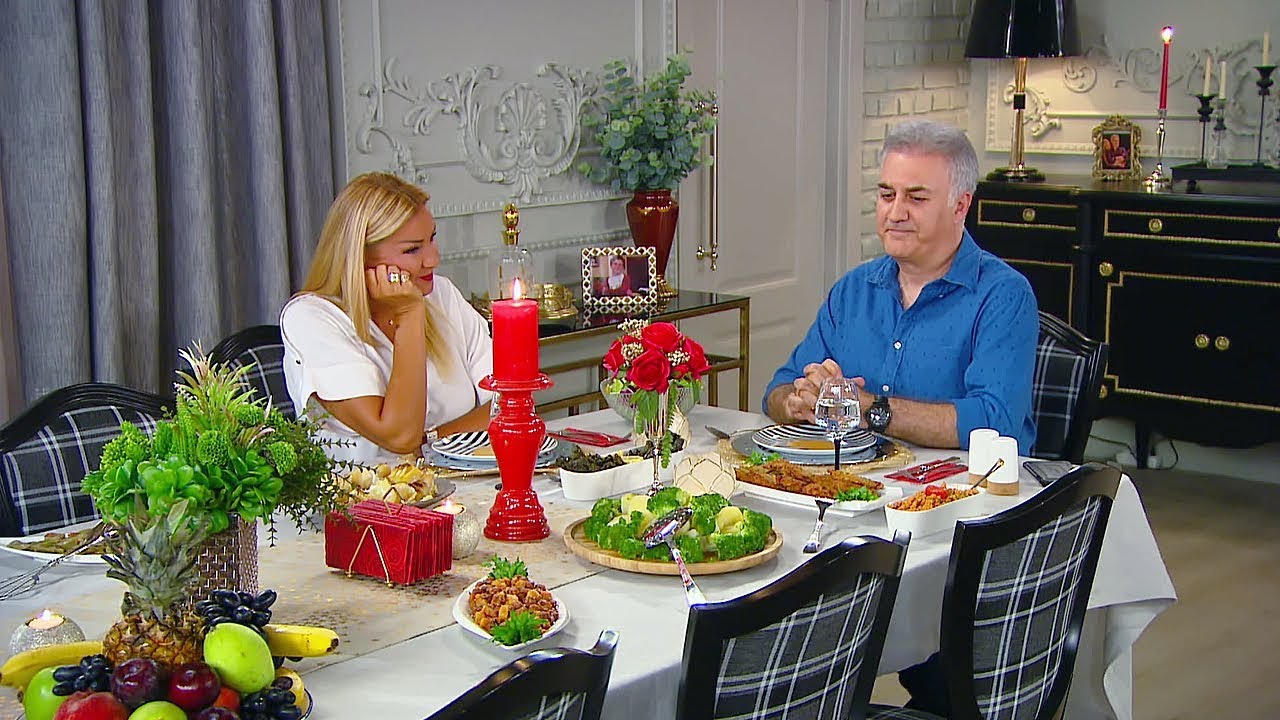While some receive gifts to show their love, others hug and say they love them. Then love may actually mean different things to everyone.
“What is love?” While searching for an answer to the question, some cite a romantic poet, while others sigh and reminisce about the past. While there are those who emphasize how beautiful a feeling it is, there are also those who say that it is an unnecessary and unfulfilling feeling.
Turkish Language Association (TDK); love, “human to something or someone close attention and devotion He defines it as “the feeling that leads you to show”. Author Dr. Gary Chapman, who is known for his books on love, describes love as a form of belief define as. According to him, love is a choice and when you love by believing, you find the key to the door to life.
So who is this Gary Chapman?
The American author, known for his popular books on love such as “The Five Love Languages” and “The Five Love Languages for Children” marriage and relationships He also made radio programs on it. The author, who specializes in relationship counseling, actually served as assistant pastor at Calvary Church in North Carolina for a period.
Love me the way I want!

When we think of tests, we think of tests such as intelligence tests and personality tests, but Gary Chapman adds a new one to these tests. love language comprehension test developed. As many people who read this article will probably think Egbert and Polk (2006) They also thought that love could not be reduced to these five dimensions. They were so sure of their claim that they tested it on 101 students. The result they found was contrary to their expectations. Love languages really improved the quality of the relationship. Now let’s look at similar studies in Turkish society:
Şanel İnce conducted a study on 459 married people to adapt the Five Love Languages Scale, as developed by Egbert and Polk(2006), inspired by Chapman, into Turkish and to examine these five love languages according to sociodemographic variables. The data obtained as a result of the research; the Turkish version of the scale valid and reliable it was. In addition, love languages did not change according to socio-demographic variables (such as education, age, gender).
The author explains the importance of the dominant love language as follows; your partner with this love language store of love you can fill. You can also improve the quality of your relationship by filling your partner’s love tank. To learn your partner’s love language, you can access the English version of the test from the link here. You can find the Turkish version from the link here.
According to the author, we actually have all of these love languages in different proportions, but the language with the higher ratio is our main love language.
Words of Affirmation: I love it when you praise me!

Your partner’s encouragement positive and affirming words and if the compliments he gives you make you happy more than anything, your love language may be “words of affirmation.”
If the partners of people with this affirmative language are not aware of this language and they use this language less, these people will not talk about their partners. they might think: “Like nothing”, “Like something man/woman!”
Quality Time: You don’t spend any time with me!

When your partner gives you their full attention and meaningful conversations If you think he truly values you when he does it, your love language may be “quality time”. What you really want is for that person to look you in the eye and listen to you without doing anything.
People whose love language is “quality time” and their partners are unaware of it they often complain: “She plays games all the time, she never spends time with me.”, “We watch TV all the time, on the phone all the time; we never spend time together as a family.”
Receiving a Gift: If you think of me, you will buy me a present!

your partner to you extravagant gifts If you feel happier when you receive it, your love language may be to receive a gift. Everyone likes to receive gifts, but you like it more. You doubt your partner’s love when you are not given a gift.
People with this love language often these sentences You hear: “He never buys me a present!”, “Doesn’t a person buy a present once in a while for the person he loves?”
Service Actions: You do nothing for me!

If your partner helps you with tasks that reduce your stress, it can be used for you even if you don’t need it. if it takes care of your business and if that makes you feel how much he loves you, your love language may be “acts of service.”
People with this love language although they do not request They are very happy when tea, coffee, fruit plate is brought to them or similar services are provided for them.
Physical Contact: I feel so special when you hug me.

Physical contact, the last way to convey your love; includes hugging your partner, holding their hand, and other physical contact. If your partner when you don’t If you think that his love for you has decreased and he does not value you anymore, this love language can be your love language.
You’ll often hear these phrases from people whose love language is physical contact: “He hardly ever hugs me anymore!”, “I can’t even remember the last time you held my hand!”
Although the aforementioned love languages are given over the partners in this article, in the original of the theory, it is actually for family members said to be used. For example, when you discover that your mother’s love language is physical touch, you realize that hugging her is more important than buying her a gift.
Note: We are not saying that the love languages are limited to the five described here, but we are saying that these ways of expressing love are used more often and in fact they are in everyone. Although these are found in everyone, according to the theory in question, one of these love languages will outweigh each person.
Resources: 5 Love Languages, Psychology Today, Five Love Languages - Gary Chapman, Eastern Mediterranean University Teaching and Research Institute,
